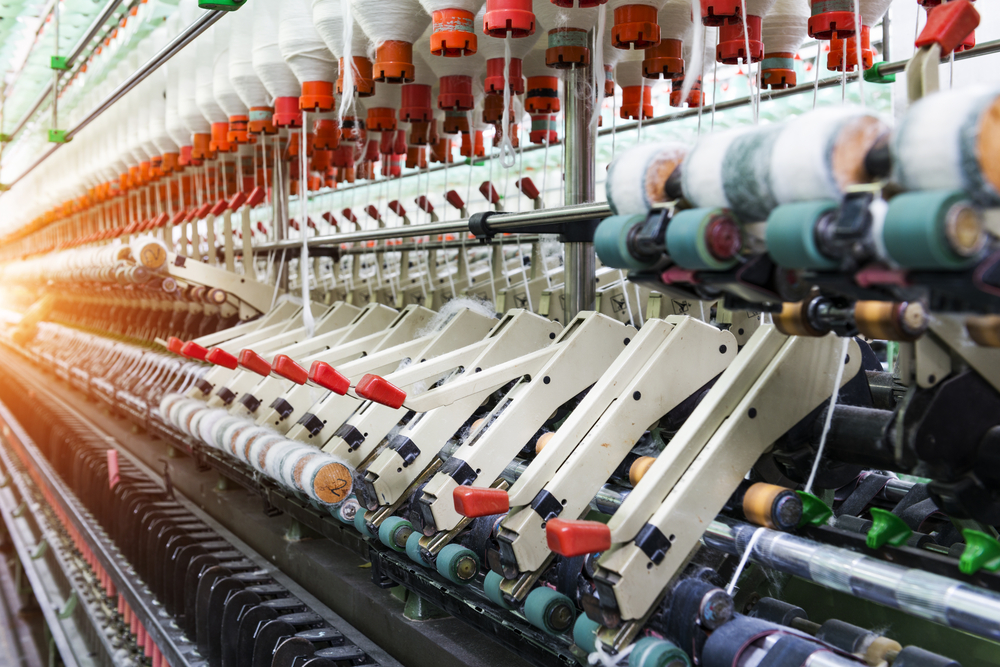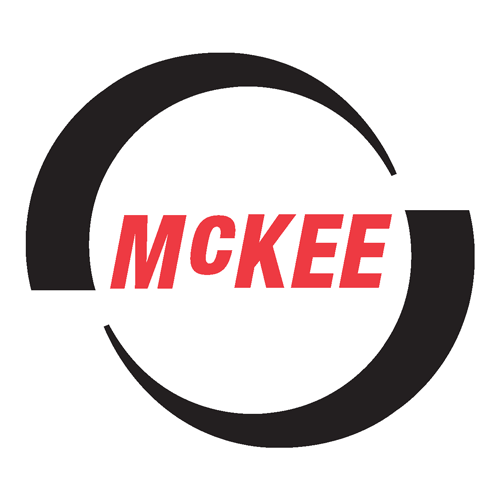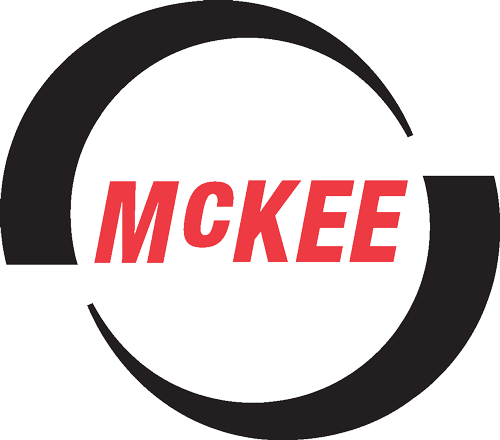
The Advantages of In-House Engineering Services for Cotton Gins and Mills
January 12, 2025 2:40 pm Leave your thoughtsIn the highly competitive textile industry, efficiency and innovation are key factors that determine the long-term success of cotton gins and mills. One way to achieve these goals is by establishing in-house engineering services. By investing in internal expertise and technical capabilities, cotton processing plants can significantly improve their productivity, reduce operational costs, and increase overall resilience. This article explores the various advantages of in-house engineering services for cotton gins and mills and offers insights into how this strategic decision can enhance operations.
Enhanced Operational Efficiency
An in-house engineering team provides cotton gins and mills with the ability to rapidly address technical challenges and optimize processes without delays.
Faster Problem Resolution
When unexpected mechanical issues or bottlenecks arise, external service providers often require lead times for deployment, causing costly delays. An in-house engineering team, however, is readily available to diagnose and resolve these problems immediately. This rapid response capability minimizes downtime and keeps production running smoothly.
Preventive Maintenance and Repairs
In-house engineers can implement robust preventive maintenance schedules tailored to the specific equipment used in the gin or mill. By proactively addressing wear and tear, they can extend the lifespan of machinery, prevent breakdowns, and avoid sudden production halts. Additionally, internal teams can handle minor repairs promptly without the need to wait for third-party technicians, further ensuring operational continuity.
Cost Savings
Although the initial investment in establishing an in-house engineering team may seem significant, it can yield substantial long-term savings.
Reduced Service Fees
Outsourcing technical services often involves high consultation fees, emergency rates, and travel expenses for external engineers. By maintaining an in-house team, these costs are eliminated. Instead, operational budgets can be allocated more efficiently, covering salaries and training for the internal team.
Minimized Downtime Costs
Downtime in cotton gins and mills can result in significant financial losses due to halted production and missed delivery deadlines. An internal engineering team reduces the frequency and duration of downtimes, allowing operations to remain productive and profitable.
Custom Engineering Solutions
External service providers may offer generic solutions that do not always align perfectly with a facility’s unique needs. In-house engineers, on the other hand, can develop custom modifications and improvements tailored to specific processes, resulting in higher efficiency and better utilization of resources.
Greater Control and Adaptability
Having an in-house engineering team grants cotton gins and mills greater control over their operations and the flexibility to adapt to changes.
Immediate Implementation of Upgrades
Market demands and technological advancements require cotton processing facilities to upgrade their systems and workflows frequently. With an internal team, these upgrades can be implemented quickly and seamlessly without waiting for external availability. This flexibility ensures that the facility remains competitive and up-to-date.
Enhanced Collaboration
In-house engineers work closely with plant managers, operators, and other staff, enabling seamless communication and collaboration. This proximity fosters a deeper understanding of the facility’s day-to-day operations and challenges, leading to more effective and well-informed decision-making.
Rapid Innovation
Innovation is crucial in the textile industry to stay competitive. Internal engineers can experiment with new techniques, materials, and processes to improve production speed and product quality. They can also conduct pilot projects and small-scale tests without the constraints often associated with outsourcing.
Increased Data Security
Cotton gins and mills often rely on proprietary technologies and confidential operational data. Outsourcing engineering services can introduce potential data security risks, especially if sensitive designs or strategies are shared externally.
Protecting Intellectual Property
With in-house engineering services, the risk of intellectual property leakage is significantly reduced. By keeping all engineering and design work within the organization, facilities can maintain better control over their innovations and proprietary processes.
Secure System Monitoring
Internal engineers can monitor and secure control systems, such as SCADA (Supervisory Control and Data Acquisition) systems, which are commonly used in mills and gins. This reduces the risk of cyberattacks and ensures that sensitive operational data remains protected.
Improved Quality Control
The presence of an in-house engineering team helps maintain stringent quality standards throughout the production process.
Real-Time Quality Adjustments
Engineers embedded within the facility can quickly identify any deviations from quality benchmarks and make real-time adjustments to machinery settings. This ability to respond immediately ensures that product quality remains consistent and meets customer expectations.
Equipment Calibration and Optimization
Regular calibration of machinery ensures precise operation, which is critical for maintaining fiber quality in cotton processing. An in-house team can perform these calibrations frequently and adjust the equipment to meet optimal performance parameters.
Talent Development and Retention
Building an in-house engineering team also creates opportunities for professional growth and talent retention.
Training and Skill Development
By providing training programs and upskilling opportunities, cotton gins and mills can cultivate a team of highly skilled engineers who are familiar with the nuances of their specific operations. This investment in personnel not only enhances overall performance but also fosters a culture of continuous improvement.
Retaining Institutional Knowledge
Internal engineers accumulate valuable institutional knowledge over time, such as understanding specific equipment quirks, maintenance histories, and best practices. This knowledge becomes an invaluable asset to the organization and helps prevent the disruptions that can occur when relying on external contractors unfamiliar with the facility.
Sustainability and Energy Efficiency
In-house engineering teams can contribute significantly to the sustainability initiatives of cotton gins and mills.
Energy Optimization
Internal engineers can identify areas where energy consumption can be reduced, such as optimizing motor speeds, upgrading insulation, or improving airflow systems. These optimizations lower utility costs and reduce the facility’s environmental footprint.
Waste Reduction
By closely monitoring the production process, in-house engineers can identify inefficiencies that lead to waste, such as excessive fiber loss or suboptimal cleaning operations. Implementing targeted improvements can enhance raw material usage and minimize waste.
Conclusion
In-house engineering services offer cotton gins and mills a range of strategic advantages, from faster problem resolution and cost savings to improved quality control and data security. By investing in an internal team of skilled engineers, facilities can enhance their operational efficiency, reduce downtime, and foster innovation. Furthermore, having direct control over engineering functions allows for greater adaptability in response to market demands and technological advancements. In the long run, the benefits of in-house engineering far outweigh the initial investment, making it a smart and sustainable choice for cotton processing facilities seeking to remain competitive in a rapidly evolving industry.
Need Cotton Mill & Cotton Gin Components in Lubbock, TX?
Welcome to M.B. McKee Company, Inc. M.B. McKee Company, Inc. has been serving our local community of Lubbock since 1943. Locally owned and family operated, we provide great customer service and solutions for ongoing issues. With over 70 years of experience, our products, services, and engineering will always exceed your expectations. Our products include bearings, belts, chains, conveyor systems, gearing, lifts, motors, drives, product separation, tools, valves, and fittings. Our engineering division also provides general formulas, NEMA motor frames, elevator legs, screw and belt conveyors, lift charts, components from Baldor and Flexco, and various interchangeable parts. Contact us today to learn more about what we can do for you!
Categorised in: Cotton Gin Maintenance
This post was written by Orlando Washington

